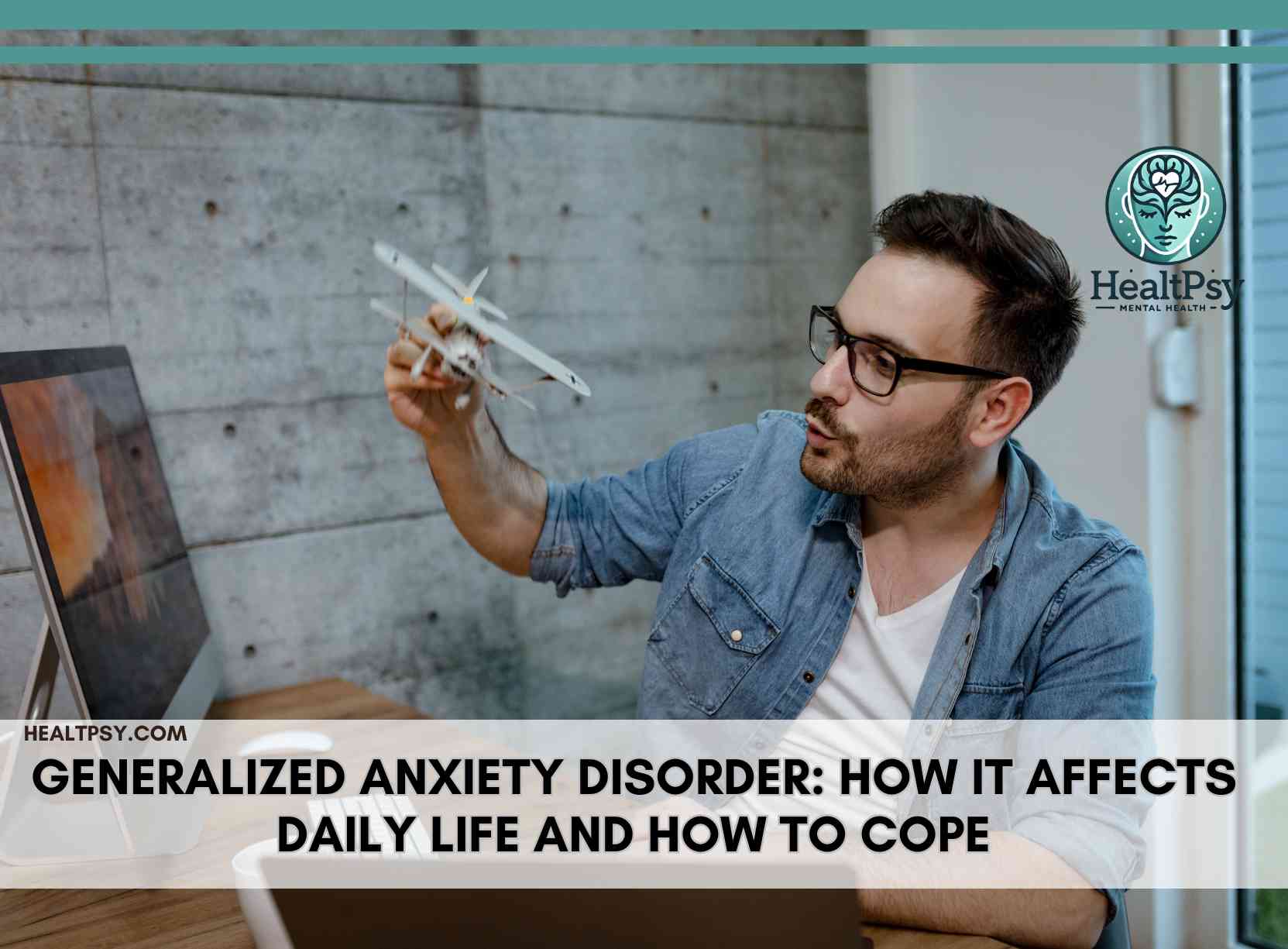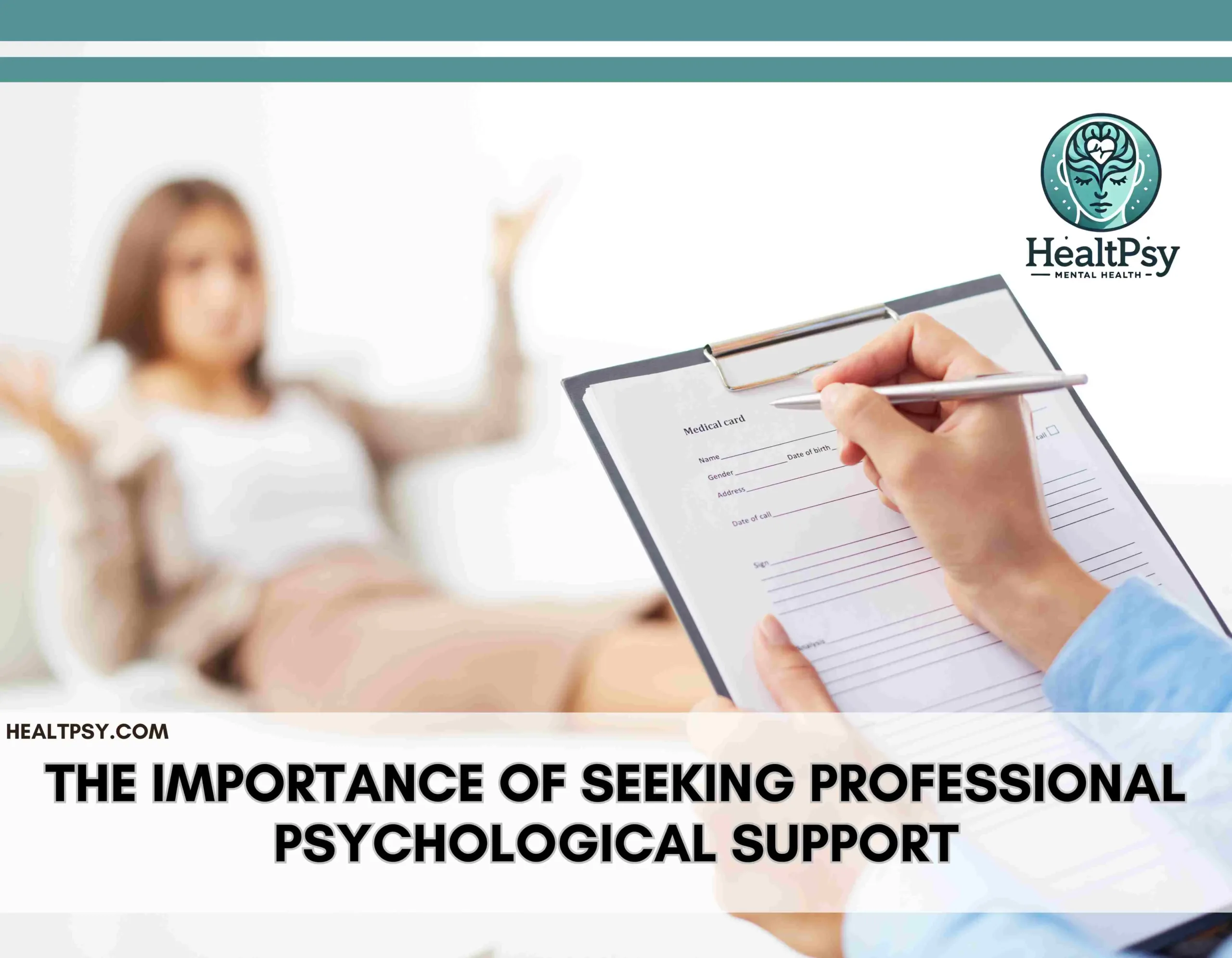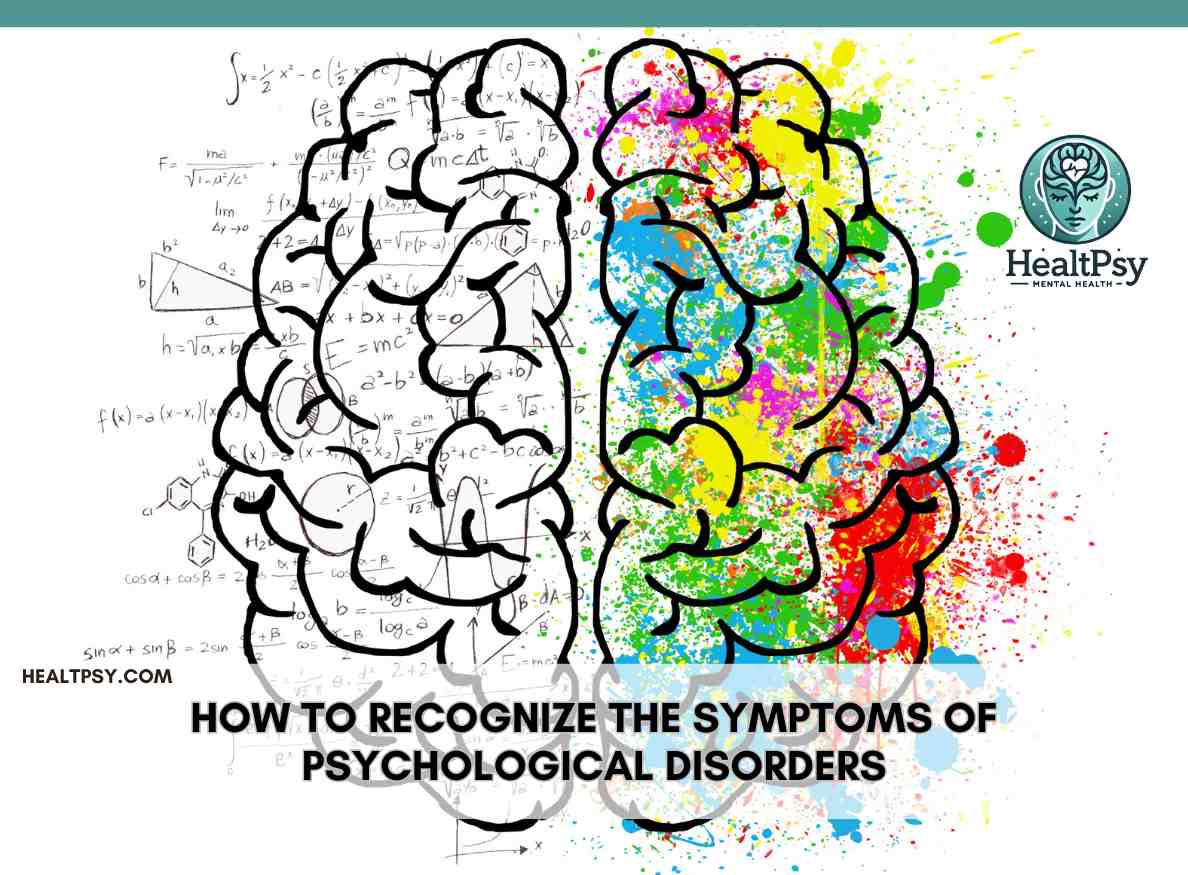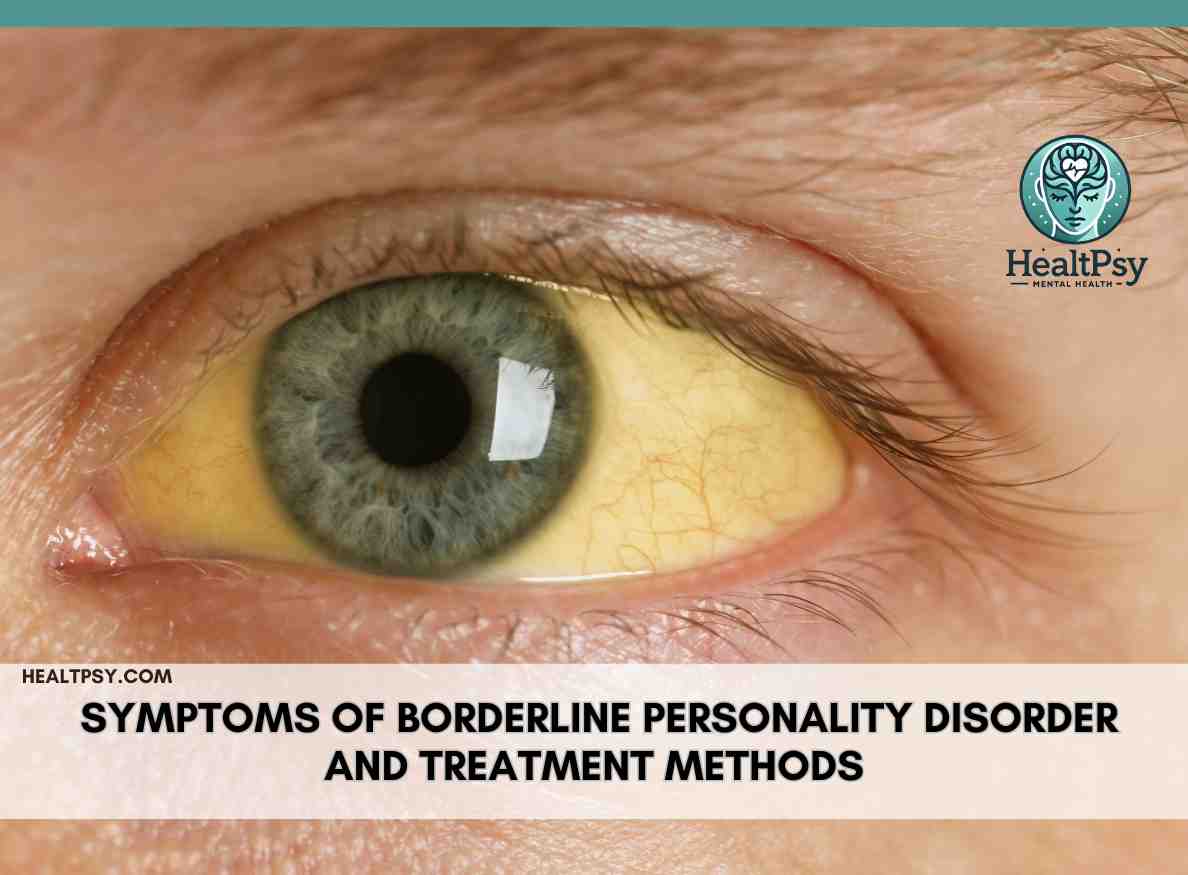Generalized Anxiety Disorder: How It Affects Daily Life and How to Cope
Introduction
What is Generalized Anxiety Disorder?
Generalized Anxiety Disorder (GAD) is a long-term mental health condition characterized by persistent and excessive worry about everyday situations. Unlike normal stress, GAD leads to ongoing anxiety that is difficult to control and often disproportionate to actual circumstances.
People with GAD frequently experience physical symptoms such as muscle tension, fatigue, headaches, digestive problems, and sleep disturbances. They may also struggle with persistent nervousness, difficulty concentrating, and a constant sense of impending doom.
Additionally, GAD can cause heightened sensitivity to stressors, making it challenging for individuals to relax or shift their focus away from anxious thoughts. The excessive worry may revolve around various aspects of life, including work, relationships, health, finances, or daily responsibilities.
Over time, unmanaged GAD can lead to complications such as depression, high blood pressure, or other stress-related illnesses. Recognizing its symptoms and understanding how it differs from occasional anxiety is crucial in seeking appropriate treatment and developing effective coping strategies.
5 Ways GAD Affects Daily Life
1. Work and Productivity
GAD can lead to difficulty concentrating, overanalyzing situations, and procrastination, ultimately affecting work performance. Employees may struggle to meet deadlines or feel overwhelmed by minor challenges, leading to decreased efficiency.
2. Social Relationships
People with GAD often avoid social interactions due to fear of judgment, leading to isolation and strained relationships. They may also experience heightened sensitivity to rejection or criticism, making it difficult to maintain friendships or engage in group activities.
3. Physical Health
Chronic anxiety can cause digestive issues, increased heart rate, and weakened immune function, impacting overall health. Studies have shown that prolonged stress can lead to cardiovascular diseases, chronic headaches, and high blood pressure.
4. Emotional Well-being
GAD often results in persistent feelings of dread, irritability, and emotional exhaustion. Many individuals report feeling a lack of control over their emotions, leading to frustration and mood swings. These emotional struggles can contribute to depression or other coexisting mental health conditions.
5. Decision-Making
Excessive worry can make it difficult to make decisions, leading to second-guessing and self-doubt. Individuals with GAD often feel paralyzed when faced with choices, fearing they will make the wrong decision or face negative consequences. This can hinder personal and professional growth.
Effective Coping Strategies for GAD
1. Cognitive Behavioral Therapy (CBT)
CBT helps individuals challenge and reframe negative thoughts, reducing anxiety levels. It is one of the most effective forms of therapy for GAD and provides long-term coping strategies.
2. Mindfulness and Meditation
Practicing mindfulness can help individuals focus on the present moment, reducing anxious thoughts. Meditation and breathing exercises promote relaxation and emotional stability.
3. Physical Activity
Regular exercise releases endorphins, which naturally reduce stress and improve mood. Activities like yoga, jogging, and strength training can significantly lower anxiety levels over time.
4. Lifestyle Adjustments
Limiting caffeine, maintaining a balanced diet, and getting enough sleep can help in managing anxiety. Proper nutrition and hydration also play a crucial role in regulating brain function and emotional well-being.
5. Seeking Professional Help
Therapists and medical professionals can provide tailored strategies and, if necessary, medication to manage GAD. Medication such as selective serotonin reuptake inhibitors (SSRIs) can be prescribed to help regulate mood and reduce excessive worry.
Resources and Support
Conclusion
Living with Generalized Anxiety Disorder can be challenging, but with the right coping strategies, support, and professional help, individuals can lead fulfilling lives. Understanding its effects and actively working towards managing anxiety is key to mental well-being. Whether through therapy, lifestyle changes, or professional intervention, it is possible to reduce the impact of GAD and regain a sense of control over daily life.
you might also like





